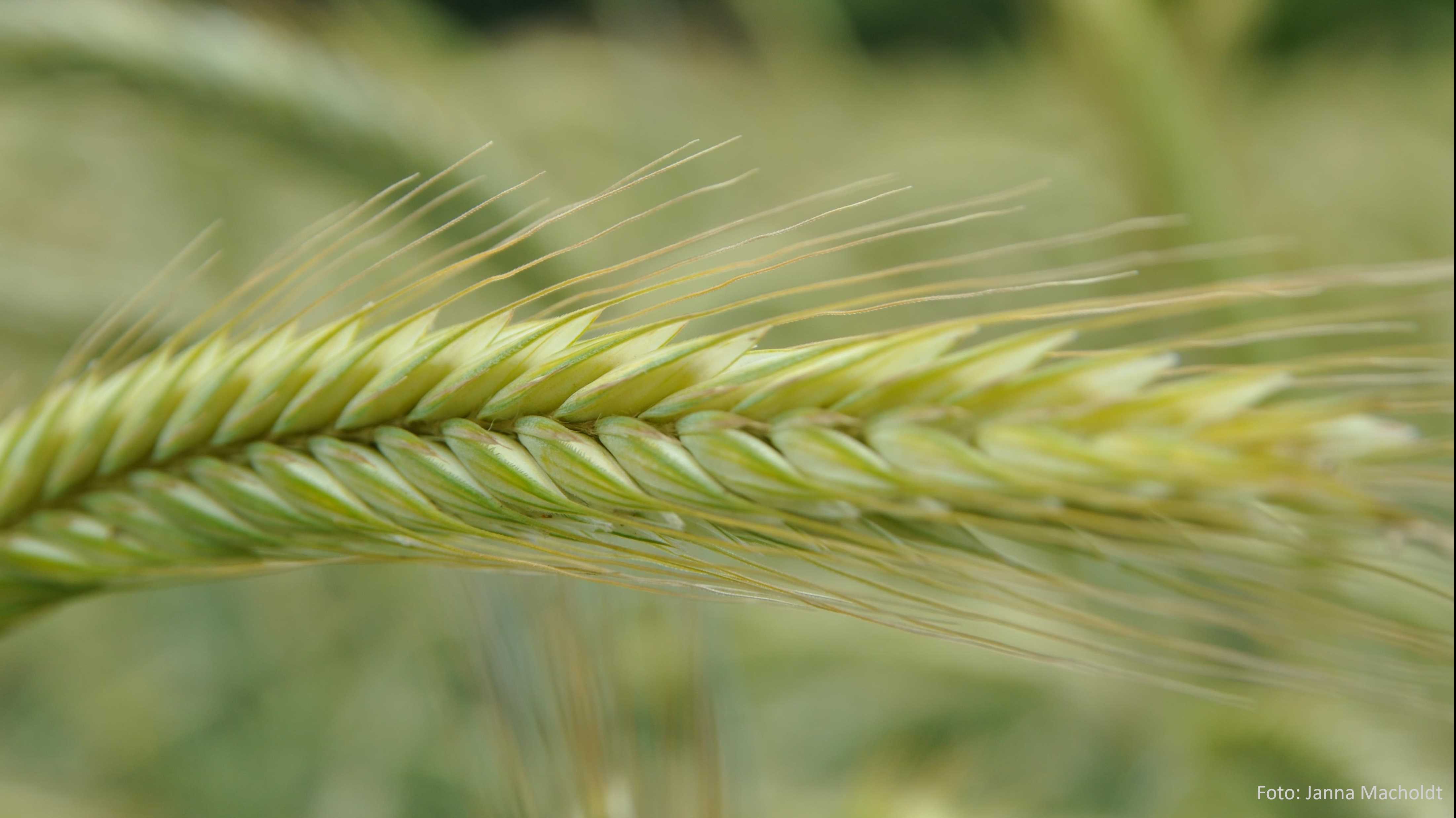Forschungsprojekte und Forschungspartner
Verbundforschungsprojekte
BMBF-Vorhaben „Etablierung einer Modellregion der Bioökonomie zur Digitalisierung der pflanzlichen Wertschöpfungskette im Mitteldeutschen Revier in Sachsen-Anhalt“ (DiP)
Im Rahmen des DiP-Vorhabens soll während der Jahre 2024 bis 2032 im südlichen Sachsen-Anhalt eine Modellregion für eine digitalisierte, klimaneutrale und wettbewerbsfähige pflanzliche Bioökonomie etabliert werden. Die Modellregion soll sich durch wissenschaftliche Exzellenz, innovative Industrien und attraktive Arbeitsplätze auszeichnen.
Um die Ziele des DiP-Vorhabens umzusetzen, wurden ab April 2024 insgesamt 21 F&E-Verbundprojekte zu den drei Leuchttürmen (1) Wertschöpfungsketten landwirtschaftlicher Kulturpflanzen, (2) Nachhaltige & klimaresiliente Anbausysteme zur Erzeugung biobasierter Rohstoffe und (3) Wertschöpfungsketten der Sonderkulturen gestartet. Die Leuchttürme greifen die Leitmärkte “Energie, Maschinen- und Anlagenbau, Ressourceneffizienz”, “Chemie und Bioökonomie” sowie “Ernährung und Landwirtschaft” der Regionalen Innovationsstrategie (RIS) Sachsen-Anhalts auf. Der Ausbau der pflanzlichen Wertschöpfungsketten soll dabei aktuelle Themen der Nachhaltigkeit berücksichtigen, z.B. die Dekarbonisierung der Wirtschaft, die Erhöhung der lokalen Wertschöpfung, die Erhöhung der Biodiversität, die Digitalisierung der pflanzlichen Kreislaufwirtschaft sowie die Steigerung der Resilienz gegen negative Effekte des Klimawandels.
[ mehr ... ]
Sonderforschungsbereich (SFB) 1664 der Deutschen Forschungsgemeinschaft: Diversität pflanzlicher Proteoformen - SNP2Prot
Die globale Landwirtschaft muss trotz Klimawandel und Ressourcenknappheit die Lebensmittelsicherheit für eine wachsende Bevölkerung sichern. Dafür ist die Analyse genetischer Eigenschaften klimaresilienter Pflanzen wichtig. Eine wesentliche genetische Ressource sind Punktmutationen, sogenannte Single Nucleotide Polymorphisms (SNPs), die zur genomischen Vielfalt beitragen. Diese SNPs können zu verschiedenen Proteinvarianten, sogenannte Proteoformen, führen, die Pflanzen bei der Anpassung an unterschiedliche Umweltbedingungen helfen. Der Sonderforschungsbereich „Diversität pflanzlicher Proteoformen – SNP2Prot“ untersucht, wie sich Genomvariationen in unterschiedliche Proteoformen übersetzen und wie diese die 3D-Struktur und molekulare Funktionen der Proteine beeinflussen, um Anpassungen an Umweltbedingungen zu ermöglichen.
[ mehr ... ]
Weitere Informationen zur Forschung
Forschungspartner
Zum Seitenanfang





